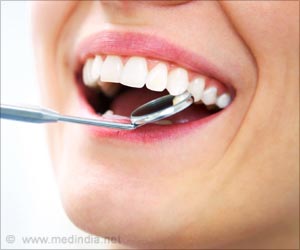From the frying pan to the fire. Such seems to be the case of those taking drugs for osteoporosis or bone cancer.
It has been found that increasing use of such drugs leads to osteochemonecrosis – a condition which causes bone death, particularly in the jaw.It is thought that up to 100 patients a year have been diagnosed with the disfiguring condition since it was first identified four years’ ago.
But experts believe that it is becoming more common as a result of more people taking certain drugs.
Osteochemonecrosis is associated with the use of bisphosphonate drugs for osteoporosis and bone cancer, especially when used intravenously, although only a small number of patients are potentially at risk.
The condition causes pain, swelling and infections and usually occurs at the site where a tooth has previously been extracted.
The National Public Health Service for Wales (NPHS) and Wales’ chief dental officers have issued briefings to dentists about osteochemonecrosis.
Advertisement
“It is much more common in the lower jaw and usually relates to a tooth extraction. But not everyone who takes bisphophonates is more liable to get this condition.”
Advertisement
Source-Medindia
GPL/C











